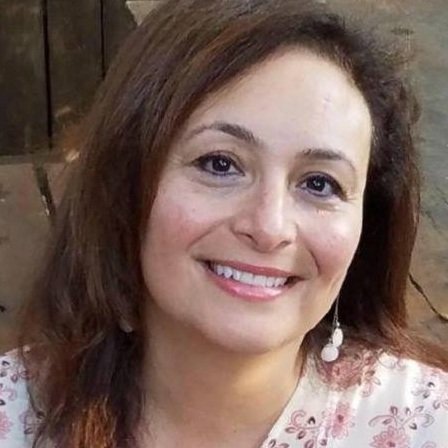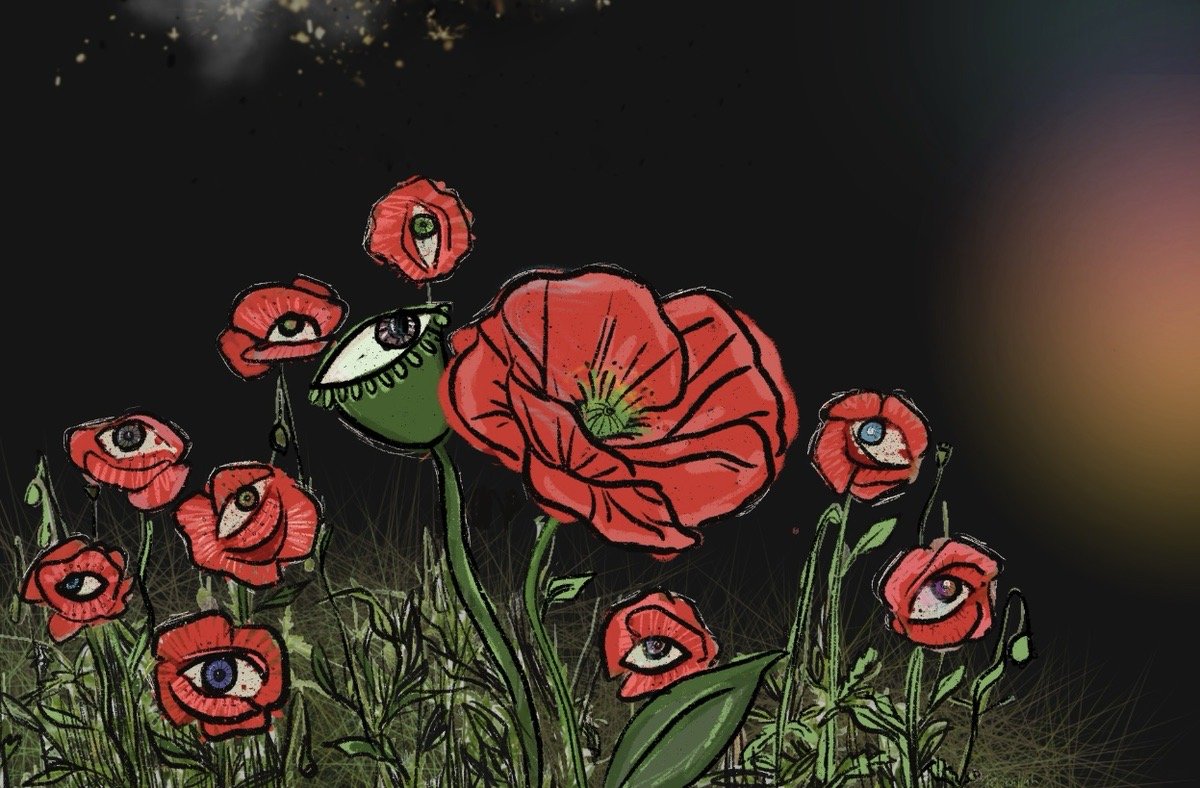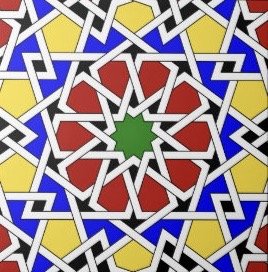Online Selection of Poems:
Sun Theater Sonnets prairieschooner.unl.edu
Palestine Sunbird lareviewofbooks.org
Vista poets.org
GHAZAL 4 plumepoetry.com
Migrant Earth poets.org
HÜZÜN theadirondackreview.org
Gate of Freedom poets.org
Two Poems: Pantoum, A Dream of Cetaceans bigother.com
Eminent Domain Tanka cordite.org.au
Of Harvest and Flight valpo.eu
Lights Across the Dead Sea drunkenboat.com
Portrait of Summer in Bossey drunkenboat.com
GHAZAL: A Lover’s Quarrel with the World rustedradishes.com
Nonfiction Essays:
On the Past, Future, and the Singularity of Belonging
October 12, 2024
By Deema K. Shehabi
Twelve months after Israel began its annihilation campaign of Palestinians in Gaza, the steadfast, larger-than-life journalist, Bisan Owda, asks the soul question of the year—who are the caretakers of Palestinian earth? As she pans her camera out, she points to the Mediterranean Sea and the palm trees dotting a refugee camp in Khan Younis, where Palestinian children move their bodies along a breezy lilt in their teacher’s voice. The teacher calls, they respond, she calls again—children respond in the long Palestinian breath we call home. The children, like the roving protagonist in Layla ‘Allush’s poem, reflect a childhood quintessence— namely, the freedom to give and receive joy. For a moment, the genocide collapses as they raise their autonomous voices to sing, and the land, momentarily languorous, expands with their song. This phenomenological moment captured by Bisan is also sacramental because it harkens back to a past (and subsequent future) where Palestinian children lived (and will live) in the luxuriance of childhood.
“All the poplars and my ancestor’s solemn orchard
Were, I swear, smiling at me with Arab affection.”
~Layla ‘Allush
(translated by Abdelwahab Elmessiri)
On Fathers, Daughters and the Genocide in Gaza
The war on Gaza and Hamas reminds a Palestinian American poet of her father and stories of home and immigration.
October 30, 2023 • Deema K Shehabi
“You’ve come so far habibti, but there’s no shame in turning back,” my father said, smiling, handsome in a white shirt, his arm swirling around my shoulders. On that fateful day, I sat, fanned out on the university lawn, the gruff hooting from fraternities louder than birdsong, reflecting on how my life in America would change.
Interviews:
INTERVIEW WITH DEEMA SHEHABI
By Liz Castellano
I interviewed Palestinian-American poet Deema K. Shehabi. Shehabi was born in Kuwait in 1970. Her father is from Jerusalem and her mother is from Gaza. She came to the United States in 1998 to study at Tufts University and currently resides in California. This interview was conducted via email. After the interview is my personal response, a reflection of my experience as student studying the conflict and as a second hand witness to Deema Shehabi’s story as a Palestinian-American woman.
More than a homeland
Meeting poets Marilyn Hacker and Deema Shehabi and talking about their unique collaboration sparked by the 2008-2009 Gaza war.
Interview by Sousan Hammad
Writes Marilyn:
Her name on a leaf
of paper above the sea.
His name spray-painted
on a concrete wall. My name’s
hesitant calligraphy
in a new notebook.
Their names linked by an echo
in an empty street
The town's name where they were born.
Please write your name for me here.
And Deema:
The names of the villages razed
in 1948 stitched with golden thread
on a black tent in the Made in Palestine
exhibit in Houston. The names
of my uncle’s daughters, each
dimpling and swelling with kisses:
Wafaa, Areej, Shaden, Loubna.
The naming and unnaming
We argued about in poems:
Darfur, Gaza, Isdoud, Yaffa.
Muslim America in Poetry: A Conversation with Deema Shehabi and Kazim Ali
by Shadab Zeest Hashmi
Deema Shehabi: Poetry is an act of cognizant observation, of transformative listening and of ebbed consciousness. In quietude a poet can apprehend (even when fleeting) the sense of what’s sacred and what’s otherworldly in a seemingly quotidian scene. Poetry brings us closer to that vacuous space that looks and reflects upon the interior. The poet Mary Oliver, in the poem “White Owl Flies Into And Out of the Field” writes of a “scalding/aortal light—/in which we are washed and washed out of our bones.” Her rendering in language of this metamorphic, sacred light is only possible because of observation and sustained attention to what’s sacred in the everyday.
Book Reviews:
If you want the news about Palestine, walk through the hall of distorting mirrors that is our media. If you want the truth about the Palestinian experience, read Deema Shehabi's debut poetry collection, Thirteen Departures from the Moon. Arresting every communicable feature of language, this poet sings the haunted songs of war, occupation, exile, and abiding love, imploring readers to remember, each moment, that the political is and always has been painfully personal.
The poems in Fady Joudah’s Tethered to Stars reflect a poet’s pinnacle, where readers experience the vision of a virtuosic poet who possesses multiple registers and allusive riches, transforming them into a polyphonic symphony. This is a poet who slays artificially constructed boundaries of what constitutes text by hybridizing earthly and spiritual crevices, narrative and lyric breaths, and finally the cosmic body itself within its material manifestations. Sometimes, the reader is left breathless and in awe. At other times, we continue to ponder what lingers through the music, namely, indelible images or multiplicitous voices as they rise to crescendo.
“Specks of the Universe”: Fady Joudah’s Tethered to Stars
by Deema K. Shehabi
The Butterfly’s Burden
Mahmoud Darwish
Reviewed by Deema K. Shehabi
Since his first volumes appeared in English, Palestinian poet Mahmoud Darwish has been captivating his readers with a highly distinctive, imaginative, yet rooted language steeped in the telling and retelling of luminous myths, exilic histories, and prophecies on love and nature. The Butterfly’s Burden, his latest book, constitutes three recent volumes of poetry: The Stranger’s Bed (1998), Darwish’s first collection of love poems; A State of Siege (2002) and Don’t Apologize for What You’ve Done (2003), both distilled from the political realities of displacement and occupation, and the role of the recreated (ultimately indestructible) poetic “I” (the self) in those afflictions. The result is a lyrically buoyant conversation addressing the experience of exile; the simultaneous heaviness and lightness of that particular tension will remain etched in the reader’s mind long after reading.
Azzam not only mourns the loss of loved ones in this collection but also celebrates the layers of her own hybridity. In one of my favorite declarative poems in the collection, “I am an Arab American,” the poet describes what it’s like to have a dual identity, one that allows her a richness of allusions and a synthesis of perspectives:
Because I see Gaza when a protestor raises a fist in Ferguson
Because Abu al-Qassim al-Shabbi and Angela Davis inspire me to act …
Because I treasure coffee from Yemen, dates from Iraq, pistachios from
Syria, as well as pecans and corn and apples from Georgia, Iowa, New York,
Because I write in languages that flow in opposite directions
Because Arabic and English are my archetypes of sanctuary
Selected Videos:
Diaspo/Renga
Poetry by Deema K. Shehabi & Marilyn Hacker
Qasida of Breath
Poetry by Deema K. Shehabi
Music by Mitchell Covington
This piece was commissioned and premiered by Voci Women's Vocal Ensemble (Oakland, CA)










